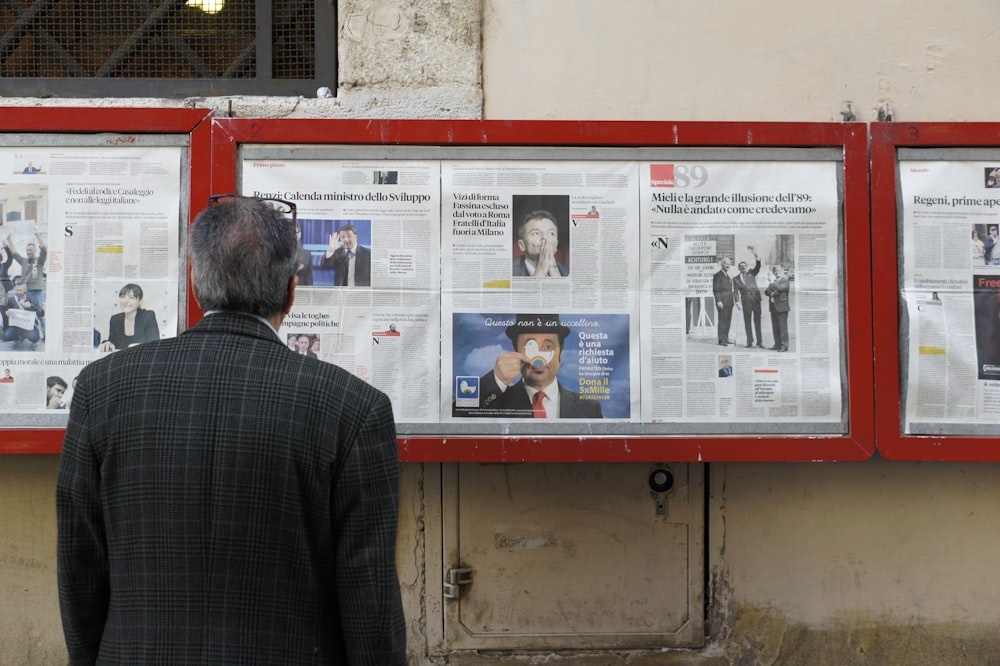A recent demonstration at Columbia University, organized to express solidarity with Gaza amid ongoing regional conflicts, has led to the arrest of 108 individuals and the suspension of Isra Hirsi, the daughter of U.S. Representative Ilhan Omar. The protest, which drew considerable attention both nationally and internationally, highlights the increasingly polarized views on Middle Eastern politics within academic circles and beyond.
The demonstration was primarily led by student activist groups who advocate for Palestinian rights. It is part of a broader series of campus activities across North America, including in Canada, where universities have become hotbeds of political activism related to global conflict zones. The protest at Columbia aimed to draw attention to what participants describe as unjust actions against Palestinians in Gaza, seeking to influence U.S. foreign policy which they believe disproportionately favors Israel.
Isra Hirsis suspension came as a result of her participation in what the university described as disruptive activities that violated campus codes of conduct. Columbia University, in a statement, emphasized the importance of maintaining a safe and inclusive educational environment and stated that while they support free speech, it must be conducted in a manner that does not infringe on the academic and operational functioning of the institution.
The arrests and suspension have sparked a wave of reactions. Advocates of the protesters argue that the universitys actions constitute a suppression of free speech and a discouragement of civic engagement among students. Critics of the protest, however, support the universitys stance, highlighting the need for order and respect for institutional rules. This incident has also prompted discussions about the role of universities in political debates and the boundaries of protest on campus.
This event is particularly significant due to the involvement of Ilhan Omars daughter, which has drawn media coverage and public scrutiny. Representative Omar, known for her vocal stance on various social justice issues including those concerning the Middle East, criticized the universitys decision as an overreach and an attack on the democratic rights of students to express their political views.
Internationally, the incident has resonated differently. In Canada, where there is a sizable and politically active Palestinian diaspora, similar university-led protests have been met with a mix of administrative pushback and public support, reflecting a broader societal debate over free speech and political activism in academia. The global attention on such protests underscores the interconnectedness of domestic policy actions with international political sentiments.
Legal experts weigh in on the implications of such high-profile arrests, suggesting potential long-term consequences for student activism and university policies. The balance between upholding law and order on campus and safeguarding the constitutional rights of students is delicate and complex.
In conclusion, the Columbia University protest and the subsequent fallout is a microcosm of the larger debates playing out on the world stage concerning freedom of expression, the ethics of protest, and the international communitys role in resolving or exacerbating foreign conflicts. As this situation continues to unfold, it will likely inspire further discourse on the rights of students in the United States and globally, particularly in relation to politically charged issues that touch on deeply held beliefs and values.



















